Mother of "The Spotted Child": "Erez Is Not Ashamed, and Neither Are We"
Erez Gaon has a syndrome that covers his body with moles, including internal ones. While he requires assistance, his mother testifies he's an "incurable optimist." She shares his love for the world and the goodness she learns from him. "I can't imagine my life without him."
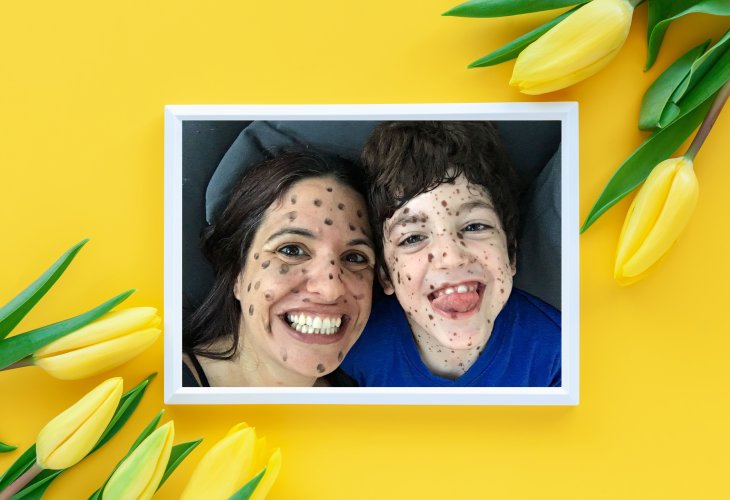 Erez Gaon with his mother, Ruti
Erez Gaon with his mother, RutiAbout fourteen and a half years ago, when Erez, Ruti Gaon's youngest son, was born, she felt the world had stopped. "No one prepared us during the pregnancy for anything unusual to occur, and in the delivery room, it was a complete surprise," she describes. "Though the birth was normal, right after Erez was born, we understood something was wrong — his tiny body was covered with brown moles resembling spots."
But even then, they couldn't comprehend what lay ahead. "We immediately knew something was wrong," Ruti notes, "but we were sure it was just an external cosmetic issue. It was only after a week in the hospital that we started to realize the complexity. It's not just the skin's appearance; like the spots visible externally, there are also ones inside his body, some in critical places, affecting mainly Erez's motor functions but also his cognitive abilities. Though cognitively considered very high-functioning, the impact is noticeable even in this area."
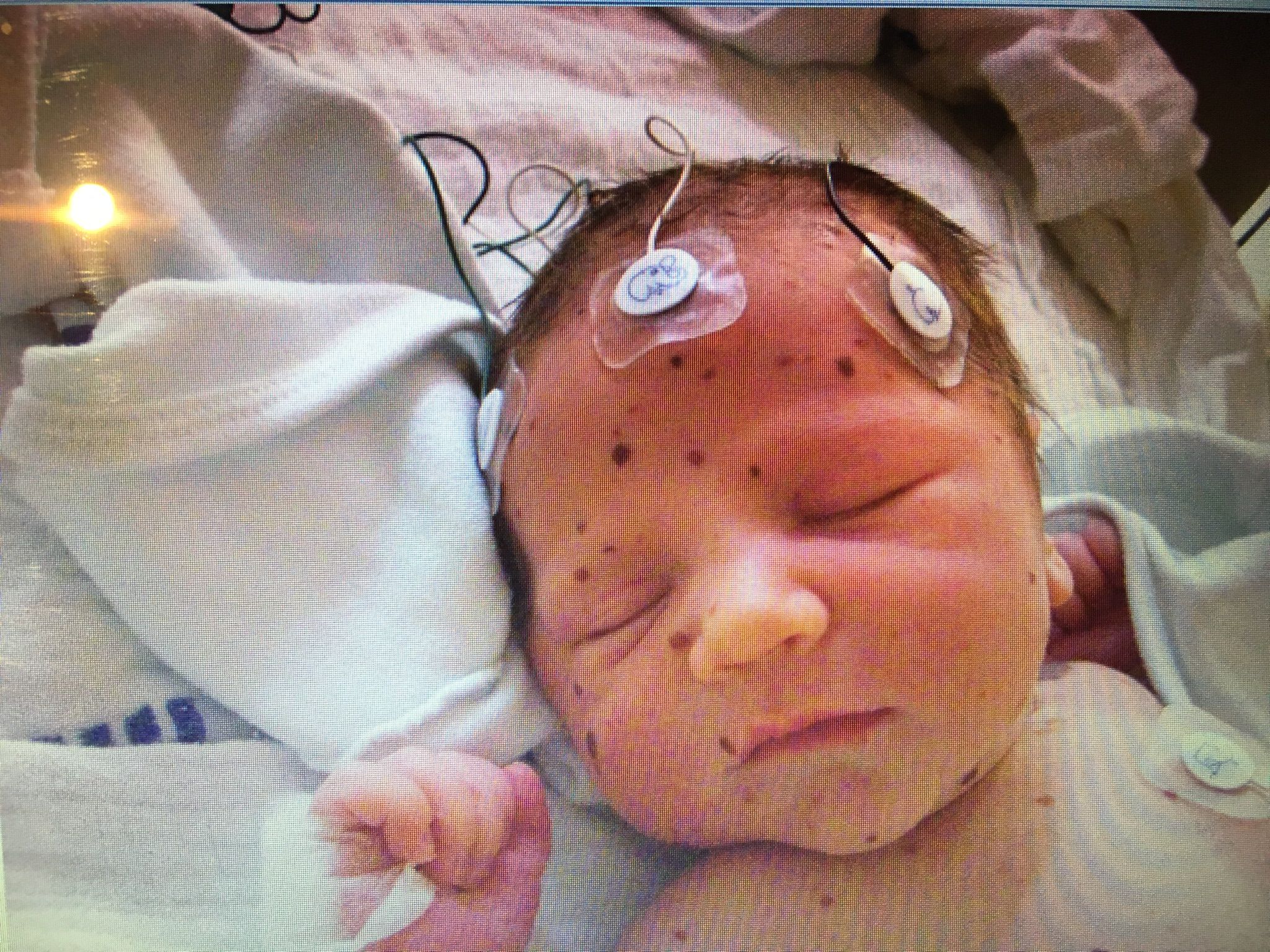
"The Spotted Child"
Ruti is a mother to Erez, now 14 and a half, and also to Noa (22) and Assaf (19). "Erez's birth shook us all," she describes. "Maybe talking about it now makes it sound less horrifying, but at the time, it felt catastrophic and like a living nightmare. I couldn't believe it was happening to me. But it did, and it changed our lives completely. Throughout Erez's first year, I faced enormous challenges, and the most chilling part was that doctors didn't believe Erez would live beyond a year, constantly preparing us for a farewell. It took time to realize the doctors' predictions were entirely wrong, and to this day, they call him a 'miracle.' I have a feeling he will continue to surprise us."
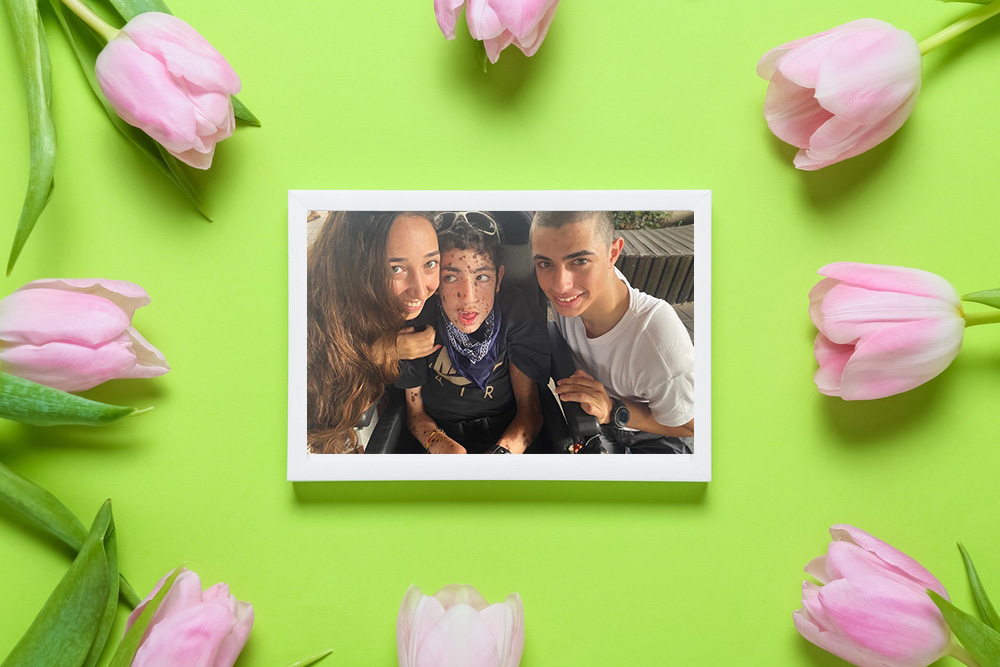
Ruti notes that when Erez celebrated his first year, she experienced depression. "I suddenly understood that Erez's life was going to be completely different from what I could have wished for him, and this realization tore me apart inside. Those days, I collapsed onto the bed, unable to do a thing, unable to think of anything else. Only after a few depressive weeks did I realize I had to get up and take care of myself, and I'm glad I did. From the moment I took care of myself, I started accepting the situation with understanding and fell in love with Erez extraordinarily. I began to see the beautiful things in him, not just the difficulty, the spots, and the developmental delay, but also his incredible humor, his smile, and his beautiful eyes. Erez got into all of our souls, and there's no way to describe the immense love the whole family feels for him. Now I don't even want to imagine him any other way; this child really heals my soul and I love him just as he is."
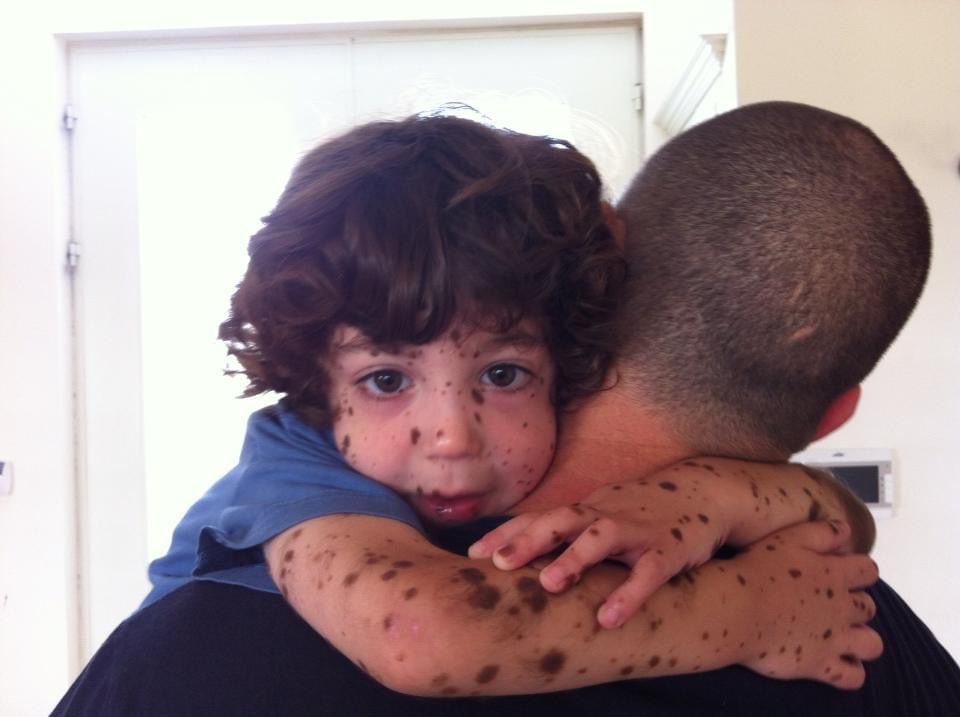
Ruti pauses for a moment and requests to note something important: "Until Erez was born, it always preoccupied me, even unconsciously, what people thought of me and if I met the standards of myself and society. I always made sure my life looked good and strong, that the kids were well-kept and had everything they needed, and suddenly all this idyll was cut short by the birth of a child with a syndrome that can't be hidden. But then I discovered that this new reality becomes the most significant thing I've experienced because I stopped deriving my strength from the outside and started sourcing it from within. This helped me deal with everyone's stares at Erez, the comments, and even the question to the Creator of the world: 'How could this happen to me? My life was so perfect; how is it possible?'"
And how did Erez respond to his surroundings?
"In the first two years, he was mainly hospitalized and too young to comprehend the impact. But as he grew, he began to realize people were looking at him. His great miracle is that he is genuinely an incurable optimist, a child of peace, and even when he felt insulted, he never got angry or held grudges. Even the harshest words didn't hurt his sociability or his endless attempts to connect with children. Even now, when he moves in a wheelchair on the street, he greets strangers. He's simply a child who loves company and peace."
Perhaps it's thanks to the attitude you give and your positive outlook?
"I think it's quite the opposite — I looked at Erez and saw that despite everything, he's not angry, even though I would definitely be angry in his place, and it helped me learn not to be angry. He's a child of immense inner acceptance, and it's unbelievable. Even in situations where all odds are against him, he'll continue to talk about how much he loves being Erez Gaon and how much he loves his spots. It's inspiring, and we all feel we can and must learn from him."
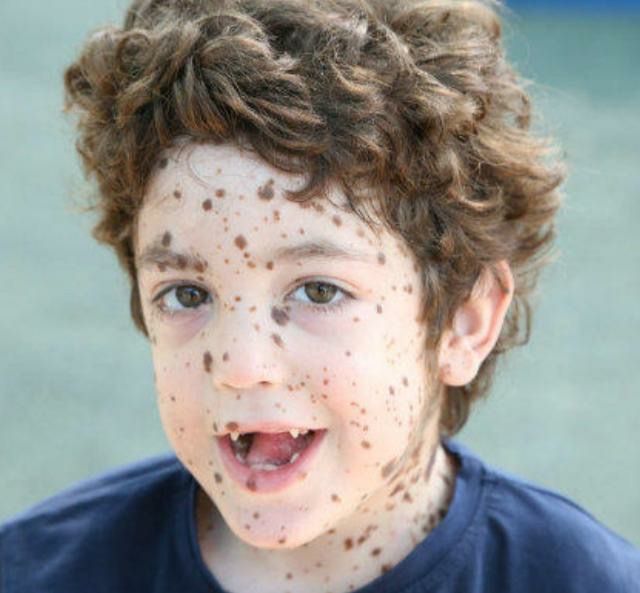
Do you think that due to your healthy approach, others also treat Erez with understanding?
"I'm sure that because I'm truly proud of Erez and not even slightly ashamed of him, it also affects those around us, and the comments decrease. Though the stares continue, I think it's natural. If I saw such a child, I would also look. In general, I think something has changed in our society over the past few years, and people are beginning to absorb the importance and status of special children. They're no longer seen as pitiable but are given the respect they deserve."
Living with Sharing
Let's speak frankly, what remains challenging with Erez?
"Oh, there are many difficult things; we face many challenges. First of all, it's a progressive disease, and we have to constantly witness the physical regression. In recent years, Erez has become dependent, requiring continuous care. There are also many things he greatly wishes to do but cannot, and one can't ignore the automatic comparison to his peers. My heart aches every time I see him by kids his age, realizing how they live compared to him. The difficulty doesn't leave. But alongside the challenges, there's also much good, and personally, I prefer to focus on the good, and each time a negative thought arises, I try to replace it with something positive because it's just nicer that way."
According to Ruti, there are also very joyful and happy moments, like the recent play during Passover, which dramatized Erez's story from his older sister's perspective. "I co-wrote the play with another writer," Ruti shares, "and I was truly excited to convey messages to children through the storyline and actors. The play contains so much content and message, it's clear that the parents also enjoy it and it touches their hearts, and most importantly — no child left the play to tease another child or adult afterward."
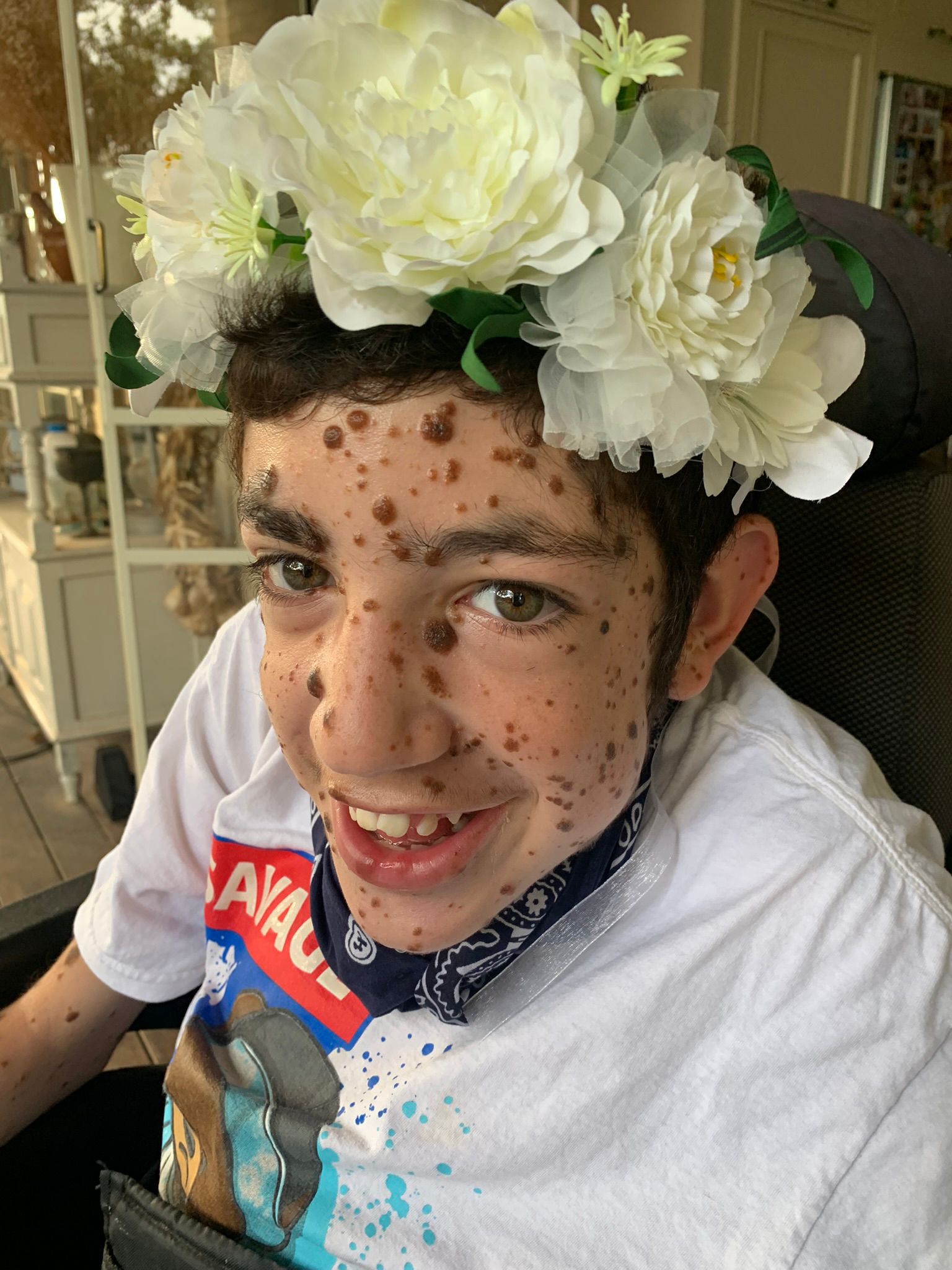
Is Erez aware that his life is dramatized in the play?
"Of course. He also loves the play very much, though there are some parts he described as 'so-so.' He attended the premiere, and just seeing him move proudly in the auditorium, with people approaching him and him feeling confident, made it clear that the play was the right step."
And one can't help but ask: How do you feel about your life becoming public, and all this exposure?
"Truthfully, I've always been a very private person, never revealing any difficulty outwardly, and always broadcasting as if everything was perfect. After Erez was born, I continued to maintain privacy, and no one knew what I was truly going through inside, I didn't want pity. Then something unforgettable happened — we passed by a mother and her daughter on the street, and they openly laughed at Erez. The mother's laughter shook me because I can forgive children, but for parents, I couldn't overlook it. That day I went home and, for the first time in my life, wrote a post detailing exactly how I felt, adding a photo of Erez and me, showing us with spots, to illustrate that we're not ashamed. That post gained incredible traction, evoking touching responses, and it made me realize that the exposure of this story isn't so frightening, and is even worthwhile because we received tons of love. This gave me the courage to share the story publicly. Ultimately, I think I owe that mother a great deal of thanks because I learned to share, and that's why I'm here."

